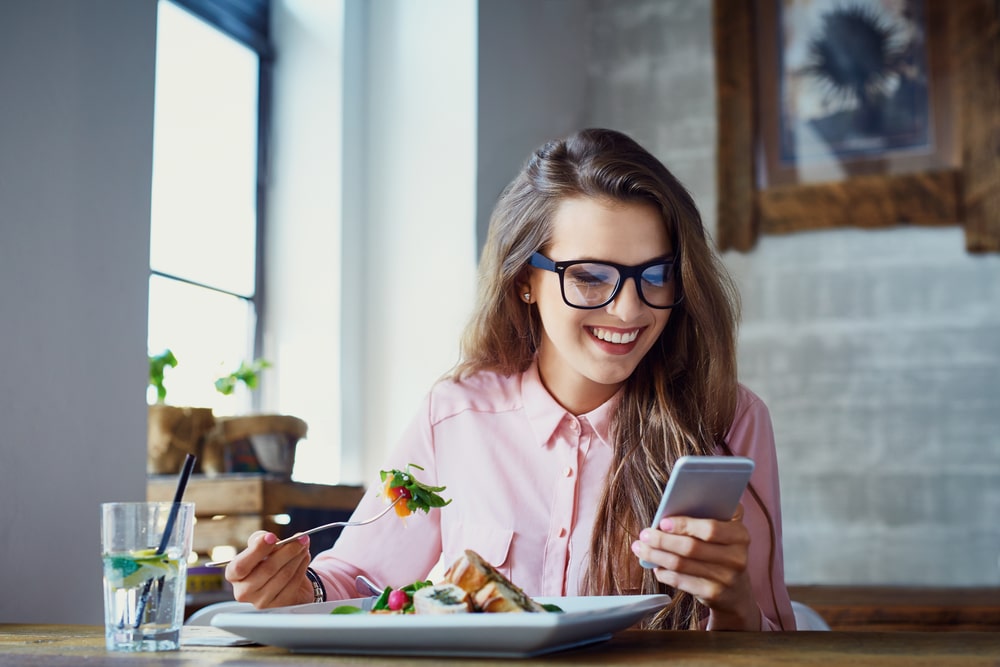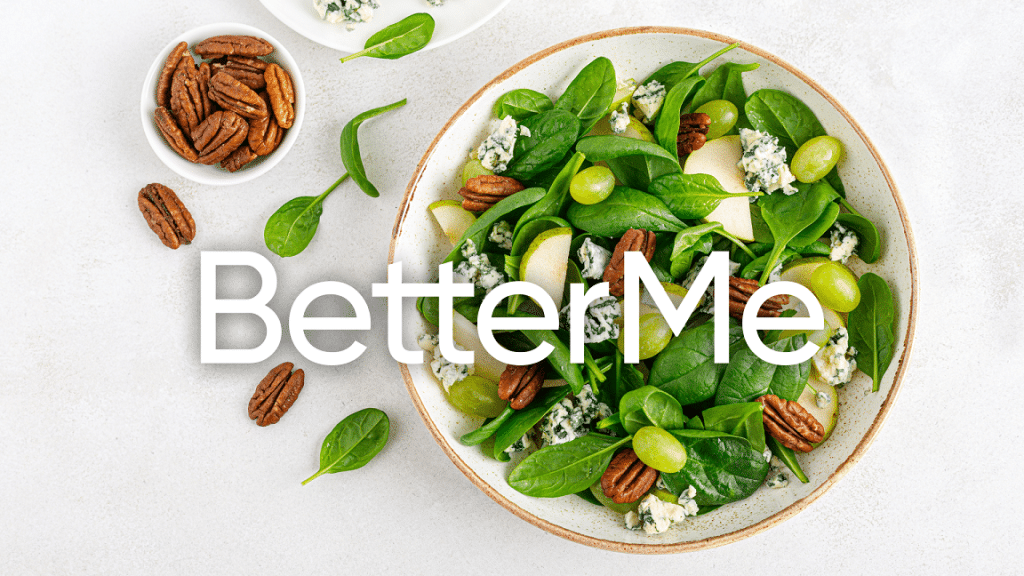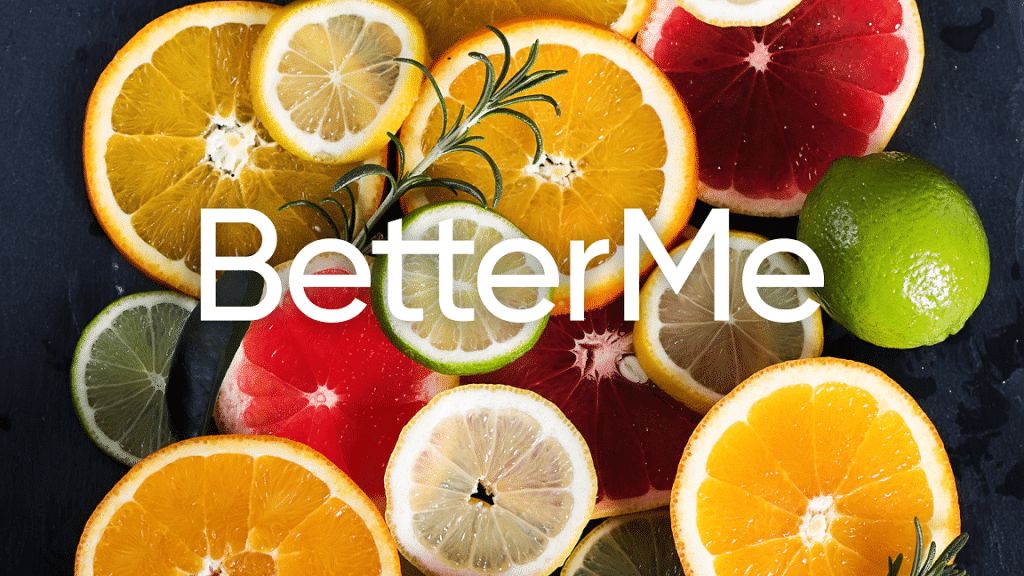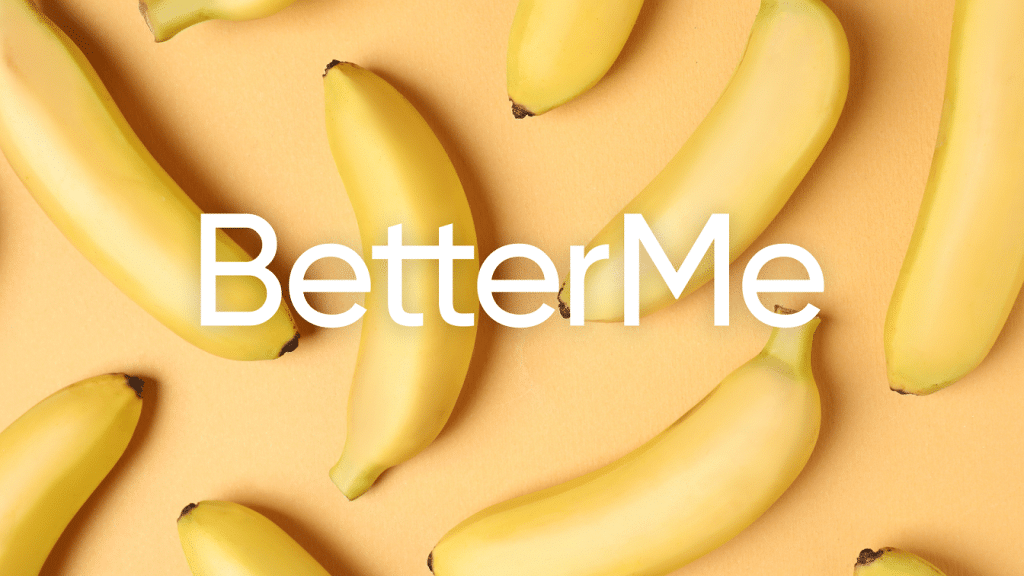For the longest time now, most of us have been focusing on what we eat. After all, almost every other nutrition article or health video emphasizes we are what we eat. However, recently the tables have turned, and more focus is being given to our meals’ timelines. Experts acknowledge that having our meals at various timelines might benefit our bodies and help us reap more health gains.
Get your personalized
meal plan!
So, When Should I Eat?
The timeline that denotes when you eat comes from your thoughts and beliefs about food consumption. Some people think you must eat meals at specific times while others argue that you only need to eat when you feel hungry. Does it spark the debate of when should I eat? Yes, it does. So, should you set mealtime alarms or merely eat when hunger strikes? Well, let us find out!
This read discusses the best timelines to have your meals. We will break down the best time to have your breakfast, lunch, dinner, snacks, fruits, and pre and post-workout meals. We will back up all our timelines using scientific evidence and further provide the benefits of sticking to such timelines. This way, you will see the benefits of having your meals at these recommended timelines. Check it out!
When Should I Eat Breakfast?
We have heard time and time again that breakfast is the most important meal of the day. So, despite our busy schedules, most of us have been trying our best not to skip breakfast. However, emphasis has now shifted to when you are required to have breakfast.
Most people believe that breakfast time ranges from 7 to 9 AM. For others, breakfast time is any time after waking up, regardless of how late they rise. But which group is right, though? Stating the obvious, you are not required to skip this morning meal.
According to WebMD, skipping breakfast can throw off your body’s rhythm, leaving you drained and less energetic (1). Instead, you are advised to have breakfast thirty minutes after waking up and preferably before 10 AM. The meal boosts your metabolism, helps you burn more calories, and provides you with energy to perform your day’s activities (1).
Remember to have a healthful breakfast, as much as you pay attention to when you are having this morning meal. Some of the products considered in a wholesome breakfast include oatmeal, eggs, coffee, Greek yogurt, berries, bananas, nuts, and nut butter (5).
Read More: Healthy Vegan Breakfast Options To Fuel Your Body For Your Day’s Activities
When Should I Eat Lunch?
Most people who skip breakfast are most likely going to have their lunch before 1 pm. They will be pretty hungry by then because they have not had any meals since they woke up. But what of those who had breakfast? Does it mean they should eat after 1 pm or also within this timeline?
It is recommended that you have your lunch three or four hours after having your breakfast. So, if you had your breakfast at 9 AM, it would mean having lunch around noon. Most people who are trying to lose weight are advised to eat lunch by 1 PM (7).
Best Time To Have Dinner
You might have been stuck in traffic or held up with meetings and are now preparing dinner at 9 PM. There is nothing to worry about when you are having dinner in a perfect world so long as you eat before bed.
However, in reality, you must be concerned about dinner time, especially if you want to shed pounds. It makes us question the best time to have your dinner. WebMD recommends any time before 8 PM (2).
Anything else you have passed this timeline should be a light snack. However, it is not just any snack, but light and weight-loss-approved snack. The best way you can stick to healthy snacks after dinner is to create a diet plan.
In this diet plan, list down the specific snack you will have every day or when you crave something before bed. It will help you avoid the temptations of eating unhealthy snacks such as potato chips. Instead, you will find yourself opting for healthier snack options such as popcorn or a green smoothie serving.
Again, pay attention to the calories you consume over dinner. According to Medical News Today, hunger is strongest when the day is coming to an end (4). It means that you are most vulnerable to overeating or eating unhealthy or high-calorie foods. Please take into account this hunger rhythm as it may compromise your weight loss results and efforts.
If you tend to let yourself off the hook, raise the white flag when things get tougher than you expected, send yourself on an unconscious binge-eating trip – BetterMe app is here to help you leave all of these sabotaging habits in the past!
When Should You Eat Fruits?
Let us begin by stating the obvious. There is no magical time specifying when you should eat your fruits for various health gains such as weight loss. So, do not expect to be told that you should eat your bananas or apples at precisely 11 AM or 2 PM.
Instead of such specific timelines, Medical News Today acknowledges that there are better times when you can have your fruits (10). For example, you can eat low-calorie fruits some minutes before your meal. It will increase your satiety levels, limiting the number of calories you consume (10).
Similarly, you can opt to have your fruits alongside your meals. Such an eating behavior will help you consume fewer calories, especially if you consume a high-calorie diet (10). Remember to talk to your dietitian or nutritionist if you want to incorporate more fruits into your diet plan. They will recommend the best ways and times to have these fruits and still attain your fitness goals.
When Should I Eat Before And After A Workout?
When you eat before and after workout matters as much as what you are eating. WebMD recommends you have a pre-workout snack one to three hours before you work out (8). The site acknowledges that having a pre-workout snack minutes before your exercise program can lead to tummy troubles.
You might vomit everything because more blood is being pumped to your muscles during the workout, leaving less for digestion (8). Again remember to have the right snacks. You need carbs, fluids, lean protein, and heart-healthy fats (9). Carbs provide energy, and the proteins are significant for your muscles and blood cells as they bring nutrients and oxygen (9).
You don’t want to wait too long to eat your post-workout meal or snack when you are done with your workout regime. Instead, you are advised to eat within an hour of completing your exercise routine (8).
It is a good idea to have protein foods after your workouts. They help in the recovery and growth of your muscles (9). So go ahead and enjoy that whey protein shake or hard-boiled egg within an hour of completing your training.
Read More: Is Drinking Milk Before Bed Good For Weight Loss: The Truth About This Calcium-Packed Drink
When Should I Have My Snacks?
Let us face it! Most of us snack throughout the day, which might explain why we always find ourselves in a snack rut. However, this may not be the best idea, especially if your goal is to lose weight. Not only might you need to reduce your snack intake, but also watch when you have them. Here are some of the recommended timelines denoting when you should grab a snack:
- When you need an energy jolt. Sometimes you may feel drained and with less energy, regardless of whether you had a heavy breakfast or not. It is best to grab a snack when you feel this sluggish to help raise your energy levels (6).
- Before and after your workouts. As we have discussed above, you need to snack on something light before and after exercising. The pre-workout snack gives you the energy to push through your workouts. On the other hand, the post-workout snack helps your muscles grow and recover.
- When you are uncertain of when you are having the next meal. You could be attending a meeting or forum and are not sure of when you will eat next. In this case, WebMD advises to snack on a chunk of cheese or a piece of fruit (6).
- After work or school. You can also have a snack after a long day at work or school. However, this depends on when dinner is scheduled. If the gap is long, then consider having a snack. Remember that you also need to snack healthy if you are consuming healthy meals for weight loss. Opt for snacks with fewer calories. Take a look at some of such recommendations (3):
- Medium-sized apple- 95 calories
- Two kiwis- 84 calories
- 20 grapes- 68 calories
- Small banana- 90 calories
- 20 medium baby carrots- 70 calories
- Medium red pepper- 37 calories
- 20 cherry tomatoes- 61 calories
- 20 pea pods- 28 calories
- Medium-sized peach- 58 calories
The Bottom Line
Healthy eating is not only about eating the right foods. It is also about the right timing. Although there are no magical timelines of when you should eat, specific timelines maximize your health gains.
So, when should I eat my meals? Strive to eat breakfast after waking up, lunch before 1 PM, and dinner before 8 PM. Have your pre-workout snacks 1 to 3 hours before working out, and your post-workout snack within an hour after exercising.
For your fruits, you can have them 30 minutes before your meals or during your meals. Either way, they increase satiety levels and prevent overeating. Eat your snacks when you need an energy boost, after school or work, or when you cannot tell when you will have your next meal. As always, remember to consult with your dietitian or nutritionist before making any dietary changes.
Sticking to a healthy diet based on your health needs, allergies and preferences is a great idea, however when combined with a workout plan that meets your goals, it might bring you significant benefits. Better mood, stronger muscles and endurance are just some.
DISCLAIMER:
This article is intended for general informational purposes only and does not address individual circumstances. It is not a substitute for professional advice or help and should not be relied on for decision-making. Any action you take upon the information presented in this article is strictly at your own risk and responsibility!
SOURCES:
- Breakfast: Is It the Most Important Meal? (2019, webmd.com)
- Plan Your Day to Lose Weight (2010, webmd.com)
- Snacks: How they fit into your weight-loss plan (2020, mayoclinic.org)
- Study finds out what you eat is linked to when you eat (2020, medicalnewstoday.com)
- The best breakfast foods for health (2018, medicalnewstoday.com)
- The Smart Way to Snack (2008, webmd.com)
- Timing of Breakfast, Lunch, and Dinner. Effects on Obesity and Metabolic Risk (2019, ncbi.nlm.nih.gov)
- What to Eat Before and After a Workout (2019, webmd.com)
- What to Eat Before, During, and After Exercise (2013, webmd.com)
- When is the best time to eat fruit? (2019, medicalnewstoday.com)











